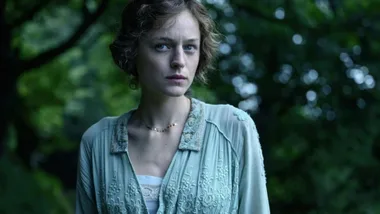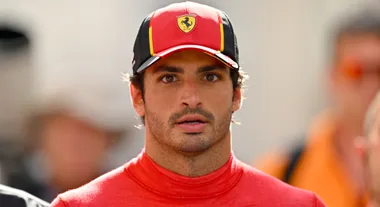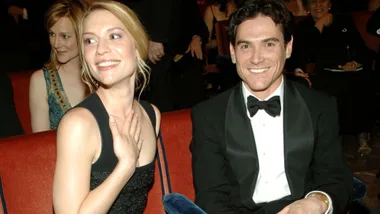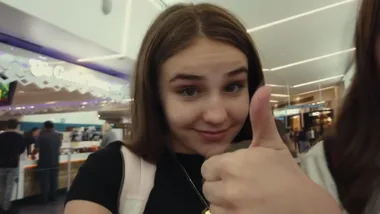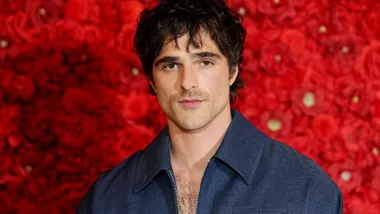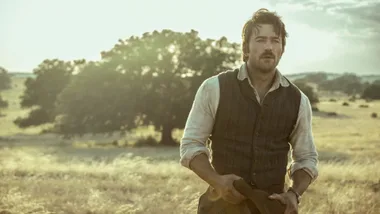It’s one of the most iconic and powerful images in Olympic history: two men punching the air in a black power salute. The men, Tommie Smith and John Carlos, had just won the 200m sprint at the 1968 Mexico Olympics, and when they took to the podium they thrust their black-gloved hands skywards in a gesture of support of the US civil rights movement.
But there was a third man on the podium that day, 28-year-old Melbourne runner Peter Norman – and his part in that historic moment would cost him his career.
For in a subtle act of support, Norman had decided to wear a badge emblazoned with the words “Olympic Project For Human Rights”. “I will stand with you,” he told Smith and Carlos.
As Graem Sims explains in Australia’s Sporting Heroes, The outrage was immediate, the repercussions severe. Smith and Carlos were escorted to the next flight home, and subsequently banned from competing for their country for life. Norman had thought he had played a diplomatic hand, subtly lending support to a cause he believed in without detracting from the moment. But the badge was a breach – not official uniform!
In Australia, The White Australia policy was still going strong. Indigenous Australians had only been allowed to vote for the first time in 1967.
Norman became a “pariah, condemned for his stand”. He would never again be selected to compete for his country – even in 1972 when his race times meant he was a genuine medal contender.
“He would retire from competing a shattered man, feeling shunned by the sport he loved”. Norman died in 2006 (Smith and Carlos attended his funeral in Melbourne).
It wouldn’t be until 2012, that Australia officially apologised to Norman. To read more about Australia’s greatest Olympians, you can buy Australian Sporting Heroes ($12.99)
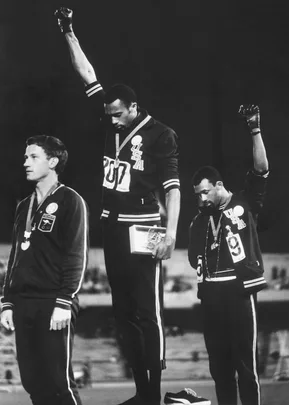 Getty
Getty
